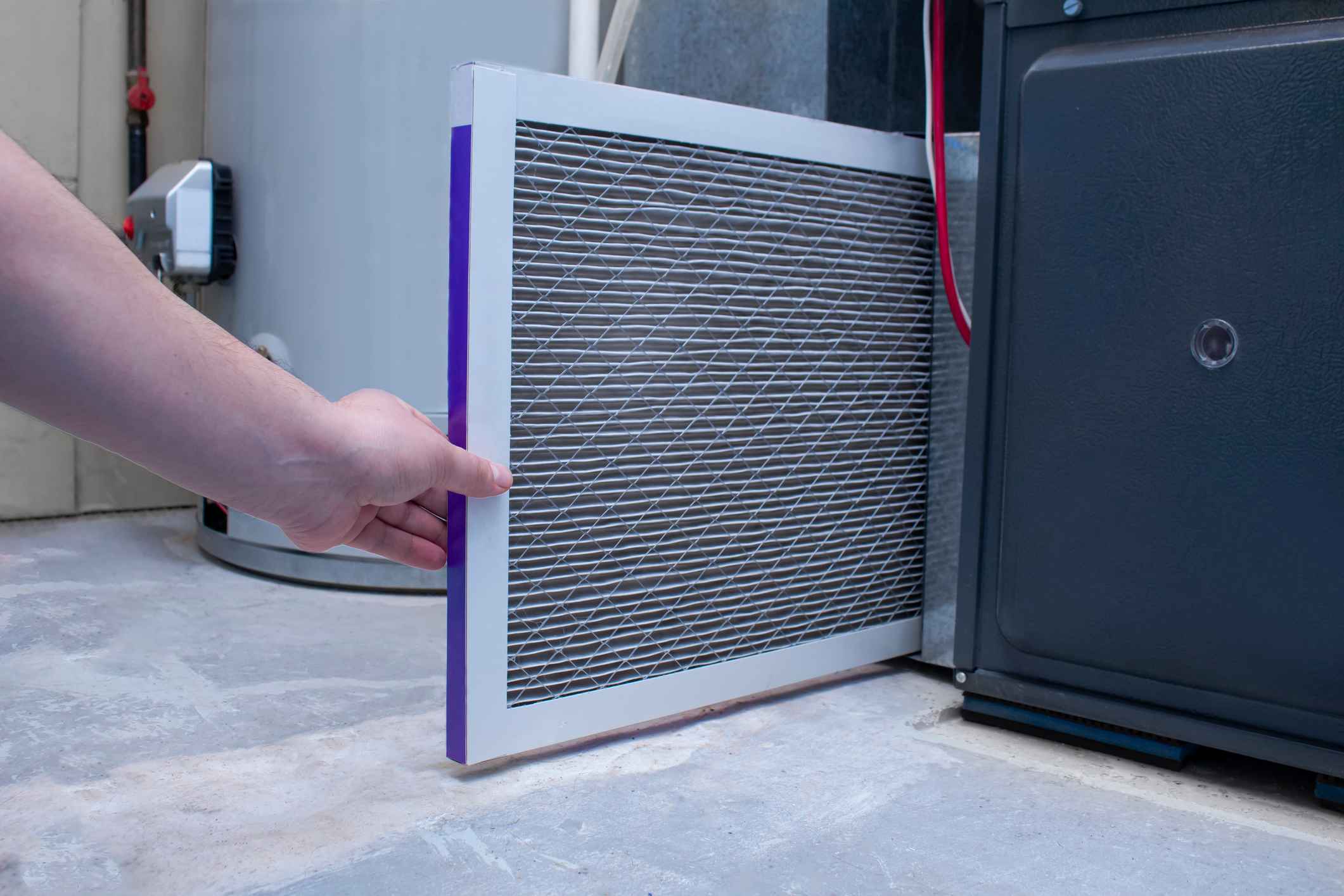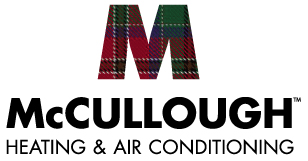4.8 Google Rating
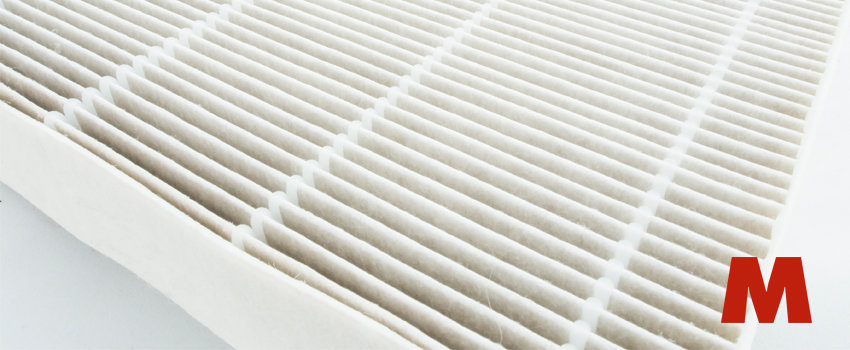
Why You Should Consider a High-Efficiency HVAC Filter
When it comes to indoor air quality and HVAC efficiency, the type of filter you choose makes a big difference. While standard filters offer basic protection, high-efficiency HVAC filters provide a superior level of air filtration, capturing smaller particles that can impact health and comfort. If you’re considering an upgrade, here’s why investing in a high-efficiency filter can benefit your home, especially in Austin’s climate.
The Basics of HVAC Filters
HVAC filters are rated by a system known as MERV (Minimum Efficiency Reporting Value), which ranges from 1 to 20. The higher the MERV rating, the better the filter is at capturing small particles. Most standard HVAC filters have a MERV rating between 1 and 4, while high-efficiency filters typically have a rating between 13 and 16.
- Standard Filters: Designed to protect the HVAC system itself from large debris, like dust and pet hair, but less effective at improving indoor air quality.
- High-Efficiency Filters: Designed to capture smaller particles, including pollen, mold spores, and even some bacteria and viruses, significantly enhancing air quality.
Benefits of High-Efficiency HVAC Filters
- Improved Indoor Air Quality
High-efficiency filters are excellent at trapping airborne particles that can impact health, such as allergens, dust, and pet dander. This is particularly beneficial for those with asthma or allergies, as these filters capture particles that standard filters often miss.- Why It Matters: Austin’s high pollen levels and occasional dust contribute to poor indoor air quality, especially during allergy season. A high-efficiency filter helps reduce indoor allergens, creating a cleaner, healthier environment.
- Enhanced HVAC System Performance
High-efficiency filters capture more particles, keeping your system’s components cleaner. A cleaner system operates more efficiently, as dust and debris can reduce airflow and force the system to work harder.- Why It Matters: With improved airflow, your HVAC system doesn’t have to work as hard, which can lower energy usage and help prevent wear and tear. This can extend the life of your system and reduce maintenance needs over time.
- Energy Savings
By keeping the HVAC system cleaner and promoting optimal airflow, high-efficiency filters can reduce the energy required to heat or cool your home. When airflow is unrestricted, your system doesn’t have to work as hard, helping you save on energy costs.- Why It Matters: Given Austin’s long, hot summers, an efficient HVAC system can make a noticeable difference in energy bills. High-efficiency filters allow for better airflow, reducing strain on the system and lowering monthly energy expenses.
- Reduced Frequency of Filter Changes
While high-efficiency filters capture more particles, many are designed to last longer than standard filters. This means you won’t need to replace them as frequently, making them more convenient and often more cost-effective in the long run.- Why It Matters: Although high-efficiency filters may have a higher upfront cost, their longevity and performance benefits can offset this expense, making them a valuable investment in the long run.
- Protection Against Harmful Particles
High-efficiency filters can capture smaller particles, including some bacteria and viruses, which may contribute to a healthier home environment. For households with young children, elderly members, or those with compromised immune systems, improved filtration can add an extra layer of protection.- Why It Matters: High-efficiency filters help maintain a safer indoor environment, which is especially important in areas with high pollen and pollutants, like Austin. This added level of filtration can benefit overall health and wellness.
Choosing the Right High-Efficiency Filter
Not all high-efficiency filters are the same, so it’s essential to choose one that meets your HVAC system’s specifications. Filters with very high MERV ratings (16 and above) may restrict airflow in certain HVAC systems, reducing efficiency. Here’s what to keep in mind:
- Consult with an HVAC Professional: Before upgrading, ask an HVAC technician if your system can accommodate a higher MERV filter. They can recommend the best option for improving air quality without sacrificing system performance.
- Understand the MERV Rating: A MERV rating between 13 and 16 offers excellent filtration without restricting airflow too much for most residential systems. Opting for the highest MERV rating isn’t always necessary and may not be compatible with all systems.
- Consider the Cost-Effectiveness: High-efficiency filters may be more expensive upfront, but their performance, health benefits, and potential for energy savings make them a cost-effective choice over time.
Maintaining Your HVAC System with a High-Efficiency Filter
Using a high-efficiency filter doesn’t eliminate the need for regular HVAC maintenance. Here are a few tips to keep your system running smoothly:
- Change Filters Regularly: Even high-efficiency filters need regular replacement. Follow the manufacturer’s guidelines or consult with an HVAC professional for recommended intervals.
- Schedule Routine Maintenance: Annual or semi-annual maintenance checks can help ensure that your HVAC system is functioning at peak efficiency, even with a high-efficiency filter.
- Monitor System Performance: If you notice reduced airflow or system strain, contact a technician to assess the situation. In some cases, additional adjustments may be needed to balance air quality with system performance.
Conclusion: Make the Switch to a High-Efficiency Filter with McCullough Heating & Air Conditioning
A high-efficiency HVAC filter is an excellent investment in your home’s air quality, system performance, and energy savings. At McCullough Heating & Air Conditioning, we can help you choose the right filter for your system and ensure it’s properly installed for maximum benefit. Contact us today to learn more about high-efficiency filters and how they can improve your Austin home’s comfort and air quality.
Recent News
Free Energy Audits for Westlake Homes: Cut Energy Bills, Boost Comfort & Upgrade Smarter
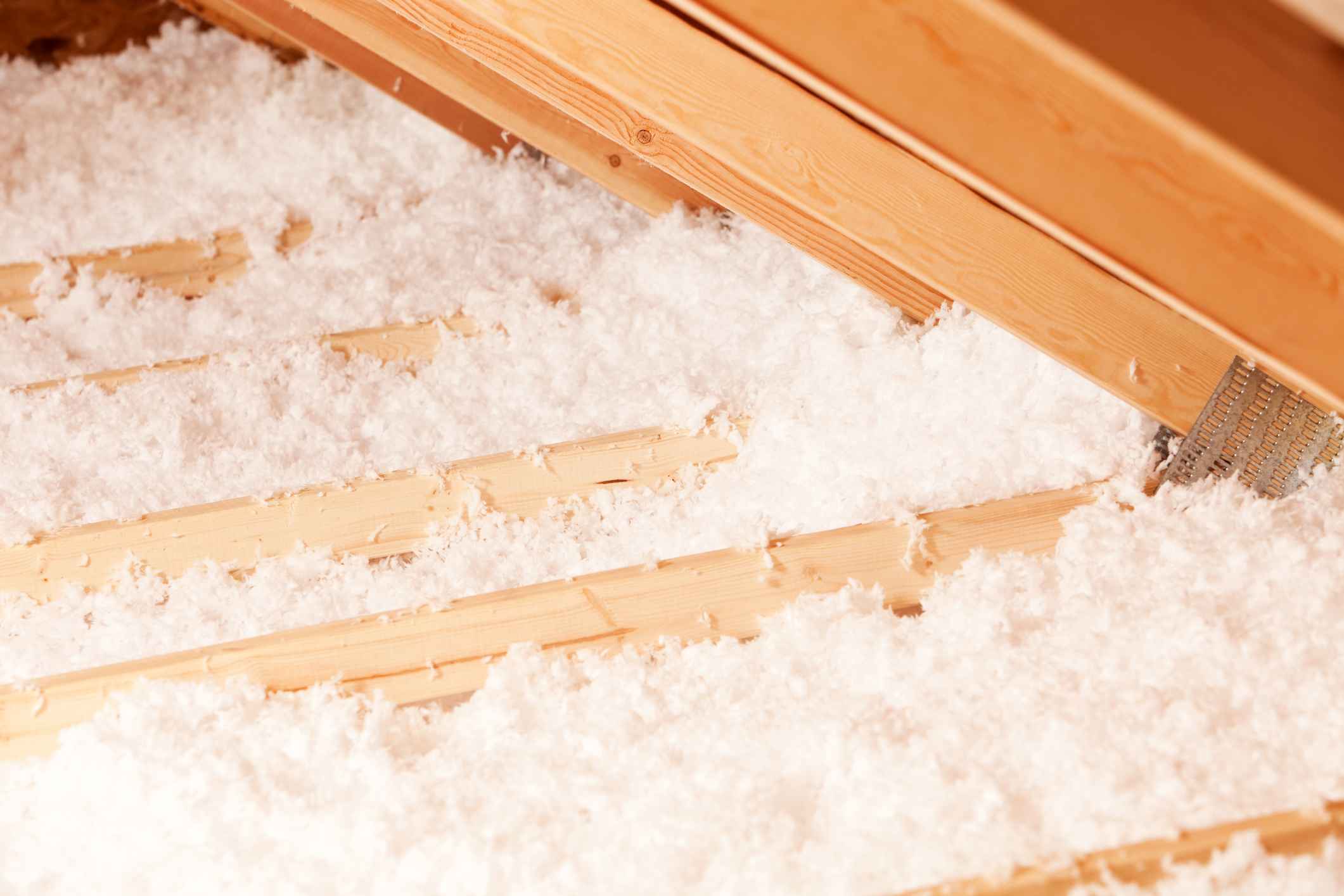
Is Your Austin Home Using Too Much Energy? Here’s How a Free Energy Audit Can Help You Save Big
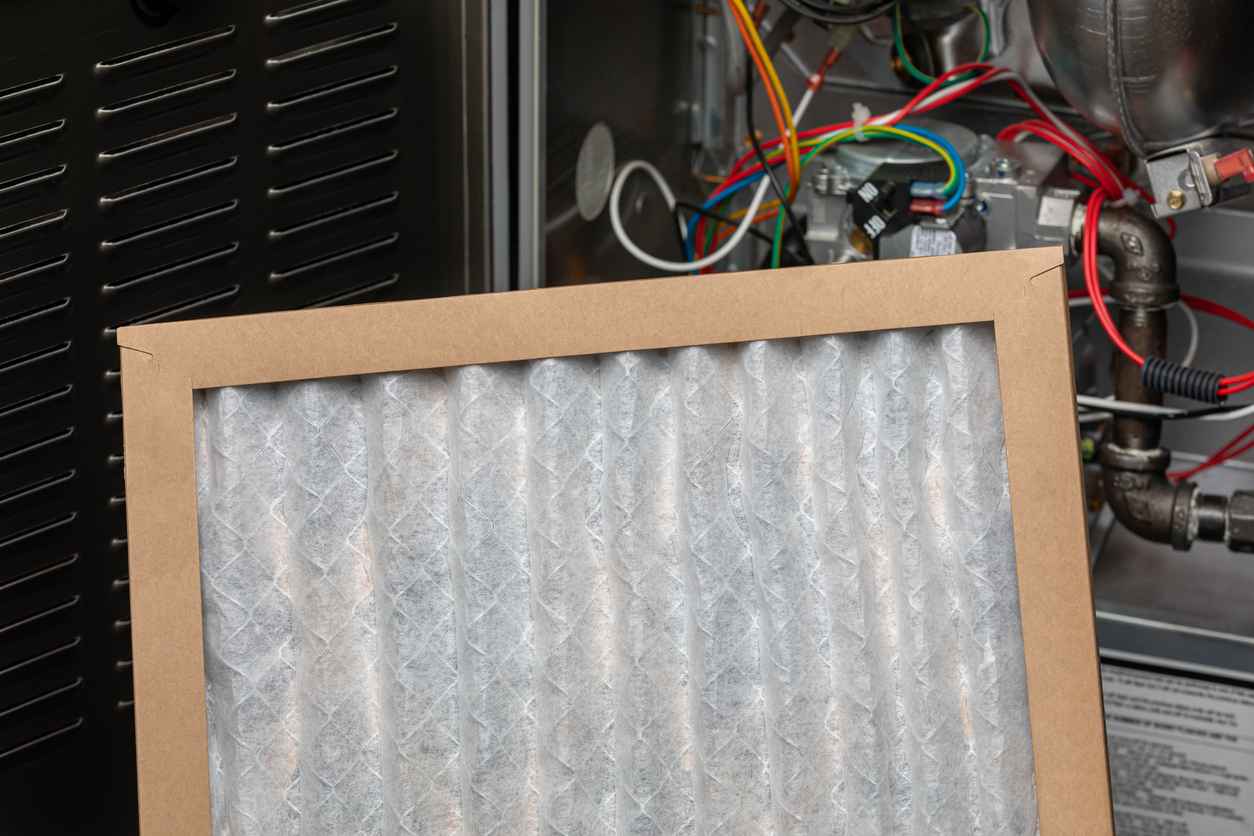
Cold Snap Coming? What Austin Homeowners Should Do Now to Prevent Heat Loss and Heating System Failure
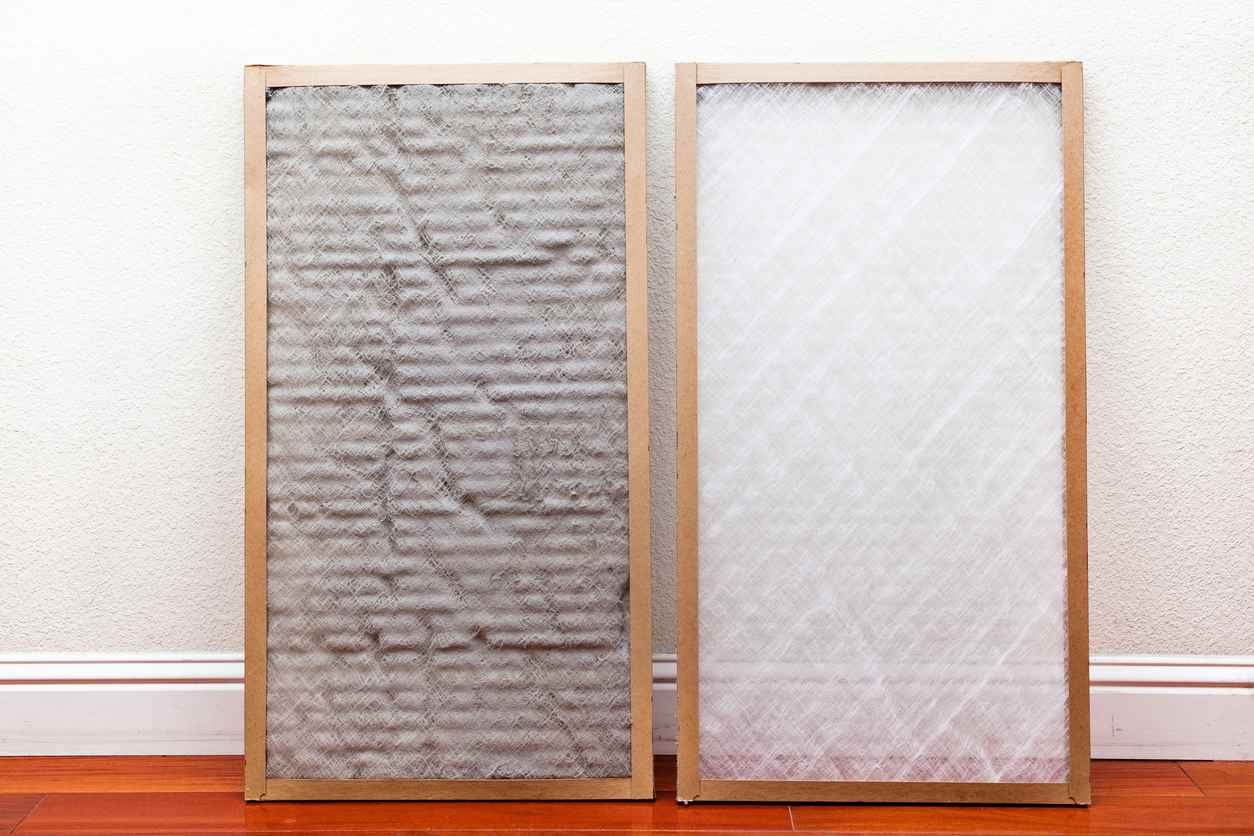
Best HVAC Filters for Cedar Fever in Austin

HVAC Maintenance Tips for West Lake Hills Homes with Larger Floor Plans and Multiple Zones
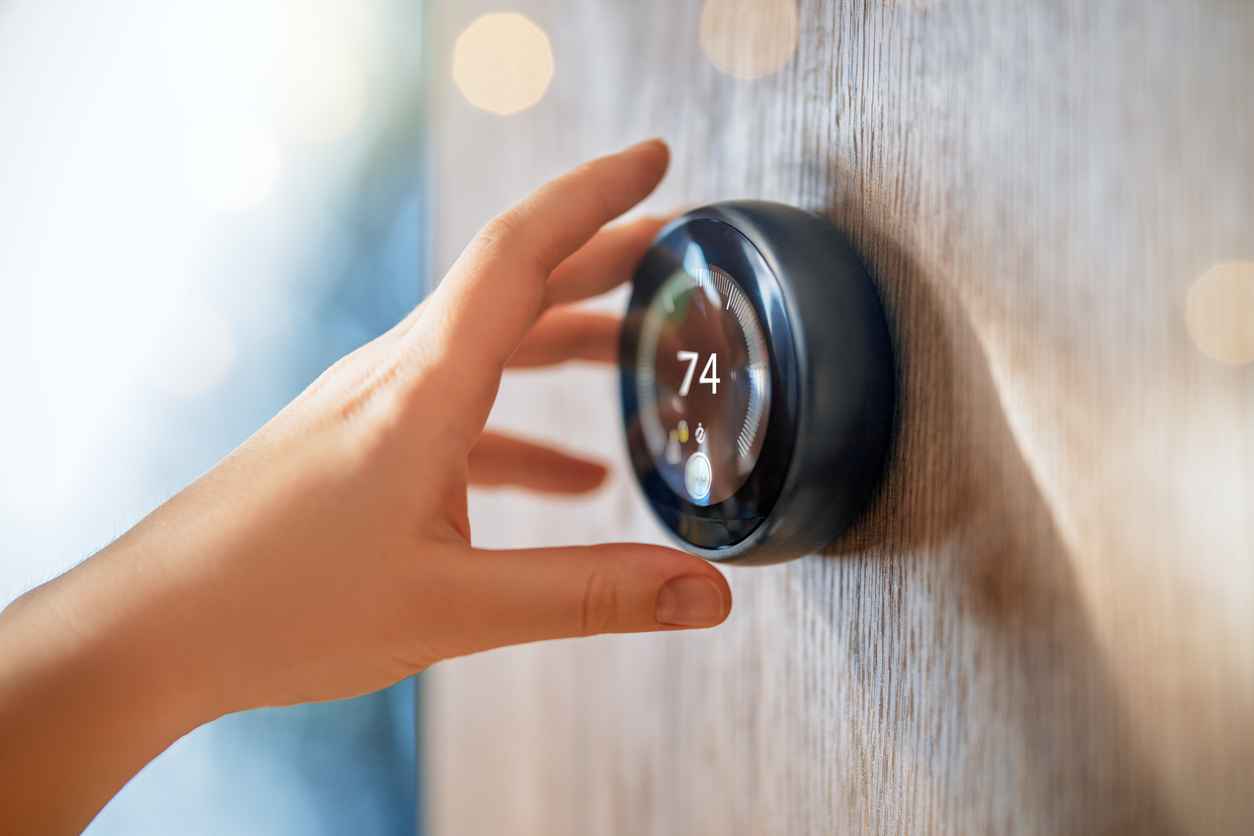
How Austin Homeowners Can Prepare Their HVAC Systems for Sudden Winter Cold Snaps
